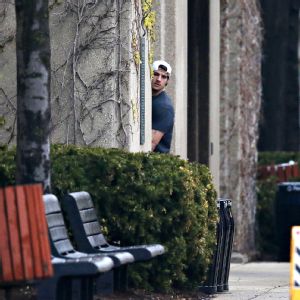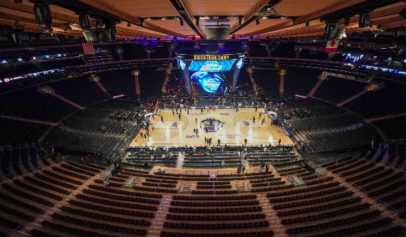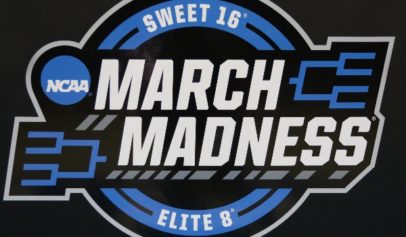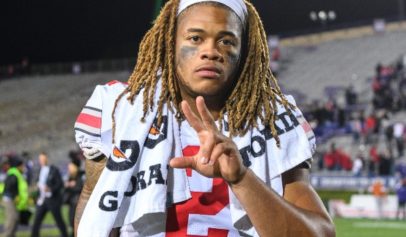In a historic vote, Northwestern football players cast secret ballots Friday on whether to form the nation’s first union for college athletes — a decision that could change the landscape of American amateur sports.
“You got to give the people what they want!” one of the players shouted at reporters, who were kept away from them as they entered a campus building to vote. Some waved and another busted out dance moves.
Results of the unprecedented vote won’t be revealed any time soon. After the vote, the ballot boxes will be sealed for weeks or months — perhaps even years — as the university challenges the effort to unionize the football team.
The full National Labor Relations Board agreed Thursday to hear the school’s appeal of a regional director’s March ruling that the players are employees and as such can unionize. Ballots will be impounded until that process is finished, and a court fight could come after that decision.
Supporters of the effort say a union would help college athletes obtain better compensation, medical care for injuries and other benefits. The NCAA endorsed a plan this week that would give big schools like Northwestern more autonomy to address such issues for its athletes.
None of the players participating in an early round of voting stopped to talk with reporters, but the excitement of some was evident as they waved or thrust their arms into the air in view of TV news cameras. A second round of voting was scheduled for later in the day.
Cheering them on was Fred Massey, a former high school basketball coach from Detroit, who is now an advocate for student-athletes.
“These kids are afraid to rock the boat because as athletes … that big dream of the NFL and the NBA is being dangled in front of them with all the millions of dollars,” he said. “So, you just do what you’re told. They don’t want to jeopardize that.”
Last month’s decision by NLRB official Peter Ohr sent shockwaves through the world of college sports, prompting sharp criticism from the NCAA, Northwestern and college athletic departments nationwide. While the ruling would apply only to private universities — they are subject to federal labor law while public schools are under state law — many saw the decision as a first step toward the end of the traditional “student-athlete.”
The 76 scholarship football players eligible to cast ballots know the spotlight is on them, said Ramogi Huma, president of the College Athletes Players Association, which would represent the players at the bargaining table if the pro-union side prevails.
Some of the pressure the players feel stems from dire Northwestern claims about the consequences of unionization, Huma said Thursday.
“They’re looking at anything and everything to invoke fear in the players,” said Huma, a former UCLA linebacker. “We feel like some of the tactics are scare tactics.”
Northwestern, which was required by law to let the vote proceed, denied applying undue pressure on players to vote “no.” It did send a 21-page question-and-answer document to the players outlining the problems with forming a union. In it, Northwestern said it hoped unionization would not lead to player strikes in the event of a dispute — but that if it did, replacement players could be brought in to cross picket lines.
“The tension created in such a situation would be unprecedented and not in anyone’s best interest,” it said.
The school also said divisions could emerge between scholarship players eligible for union membership and walk-ons, coaches and staff.



